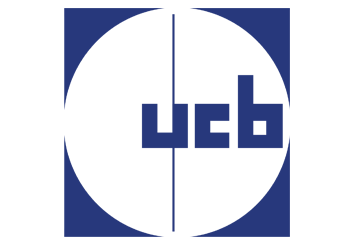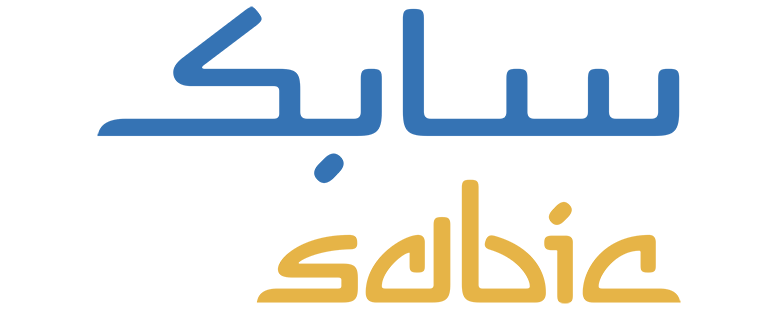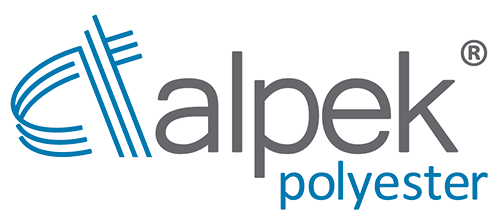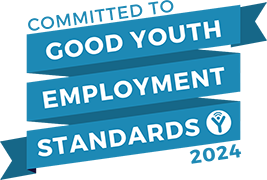Getting The Science & Technology Sector Future Ready
Prepare for tomorrow with the right skills and capabilities in place today. As specialists in skills for science and technology, we're here to make sure your business, your people and our industry are future ready.

Green Skills
We're working to support the development of the green skills and occupations required to achieve net zero within the UK science and technology sector.

SKILLS MANIFESTO
Our skills manifesto highlights the key challenges facing science and technology employers. Its insights are as a result of direct engagement with industry and our experience of the skills system.

Our Impact
We're committed to ensuring employers have the skills needed for success. To celebrate our 21 years supporting ours sector, our impact report highlights some of our key achievements.

High hazard safety
Specialist training services to develop your skills base, improve safety and manage risks in high-hazard industries.

End Point Assessment
SIAS is our Ofqual approved End-Point Assessment Organisation for the technical science and engineering apprenticeship sectors.

Hydrogen Skills alliance
The HSA convenes industry, academia, research organisations, industrial clusters, government & skills bodies to support the move to a hydrogen-fuelled economy.
What's New
Joe Thomas is reaching the end of his Level 6 Apprenticeship in Applied Chemical Science at…
Developing strong process safety performance often requires a shift in organisational culture – so how should…
TIRO and SIAS are proud to announce the establishment of a dynamic new collaboration aimed at…
Undergraduate placements, graduate placements, and graduate schemes arepowerful tools on their own, providing opportunities to engage…
At any one time, Cogent employs more than 200 young people through its function as a…




















